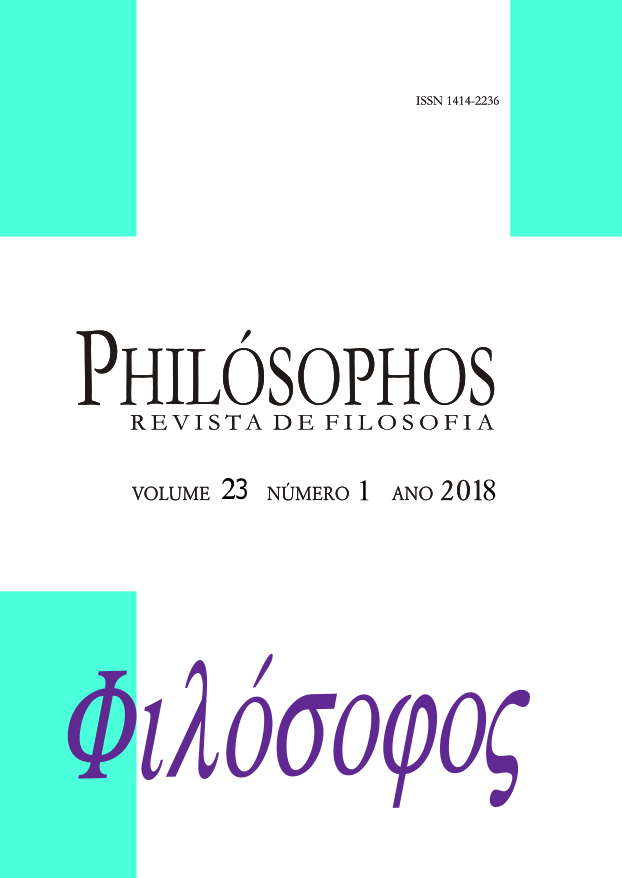What would Hannah Arendt say about the centenary of the russian revolution?
DOI:
https://doi.org/10.5216/phi.v23i1.54207Keywords:
Centenary, freedom, revolution, Soviets.Abstract
In dealing with the action of contemporary man with regard to the Russian Revolution, Hannah Arendt elaborates approaches in the field of political philosophy. These are approaches that certainly can illuminate the present time, especially when we celebrate the centenary of this important rupture in 1917. In her analysis, the author tries to demonstrate that the experiences of the Soviet-style councils in Russia were strengthened from the movements of 1905 by means of waves of spontaneous strikes. Arendt refers to the republican character of the Soviets. That is, there was an ideal of founding a republic based on the organizational structure of the Soviets, translated into spaces of freedom. The movement of the Soviets and the Bolshevik Party culminated in the seizure of power. The course taken by Lenin's government opened precedents for further development when the Party, with all its machinery, would become omnipotent. With Stalin's rise to power, total dominance was established. That is, totalitarianism has reached its climax with the persecution and destruction of those who were considered objective enemies and with the creation of concentration camps. With the rise of Nikita Khrushchev to power, some signs of detotalisation of the Soviet Union began.
Downloads
Downloads
Published
How to Cite
Issue
Section
License
Authors who publish in this journal agree to the following terms:
- Authors retain copyright and grant the journal right of first publication, with the work simultaneously licensed under a Creative Commons Attribution License that allows others to share the work with an acknowledgement of the work's authorship and initial publication in this journal.
- Authors are authorized to enter into separate, additional contractual arrangements for the non-exclusive distribution of the journal's published version of the work (e.g., publishing in an institutional repository or as a book chapter), with an acknowledgement of its authorship and initial publication in this journal.















